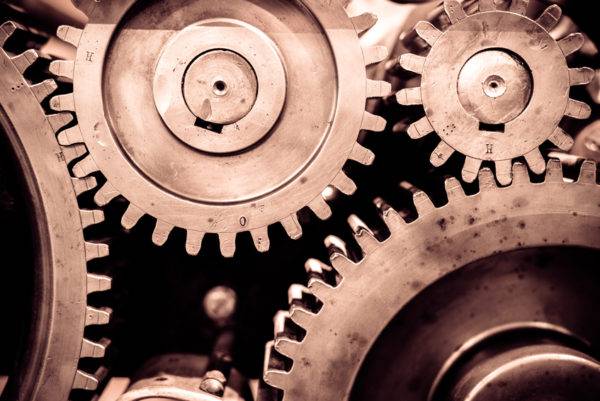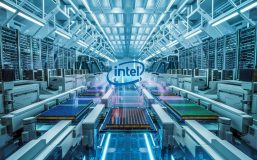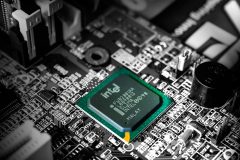The Industrial Internet of Things (IIoT) is set to spark mindblowing levels of global GDP growth over the coming years if industry can overcome significant barriers around data.
Value Walk discussed the potential of the IIoT market, which GE research predicts will help generate a $10-$15 trillion boost in global GDP over the next 20 years.
IIoT consists of connected sensors and devices that produce streams of data from industrial machines.
Bit Stew Systems recently commissioned a survey of top IT executives on their readiness for the IIoT revolution. Of those surveyed, 80% saw the top benefits of IIoT technology as enhanced operating efficiency and uptime.
Other key IIoT benefits identified by senior IT execs were: workplace knowledge transfer; better uptime; enhanced operating costs; and better asset performance management.
Yet despite these benefits, the survey found that 70% of surveyed firms are only in the planning phase of integrating IIoT technology. Conversely, just 30% of early adopters were already using the technology.
And though the road to IIoT riches beckons, it is not without major challenges as industry transitions to new connected technology.
Data collection and integration biggest issues
The research found that IT leaders were most concerned about IIoT challenges around data collection and integration.
70% of those surveyed said that proven data modeling and mapping capabilities were the most important aspect of an IIoT platform.
However, 64% said that the biggest IIoT challenge stems from difficulties integrating data from a variety of formats and sources, as well as problems extracting business value from such data.
And as IIoT devices begin to proliferate at an accelerating pace, senior IT execs raise concerns that actionable intelligence will get lost in the coming data tsunami.
87% of those surveyed said that the huge volume of data and the difficulty in verifying its accuracy will cause valuable business insights to get lost along the way.


















